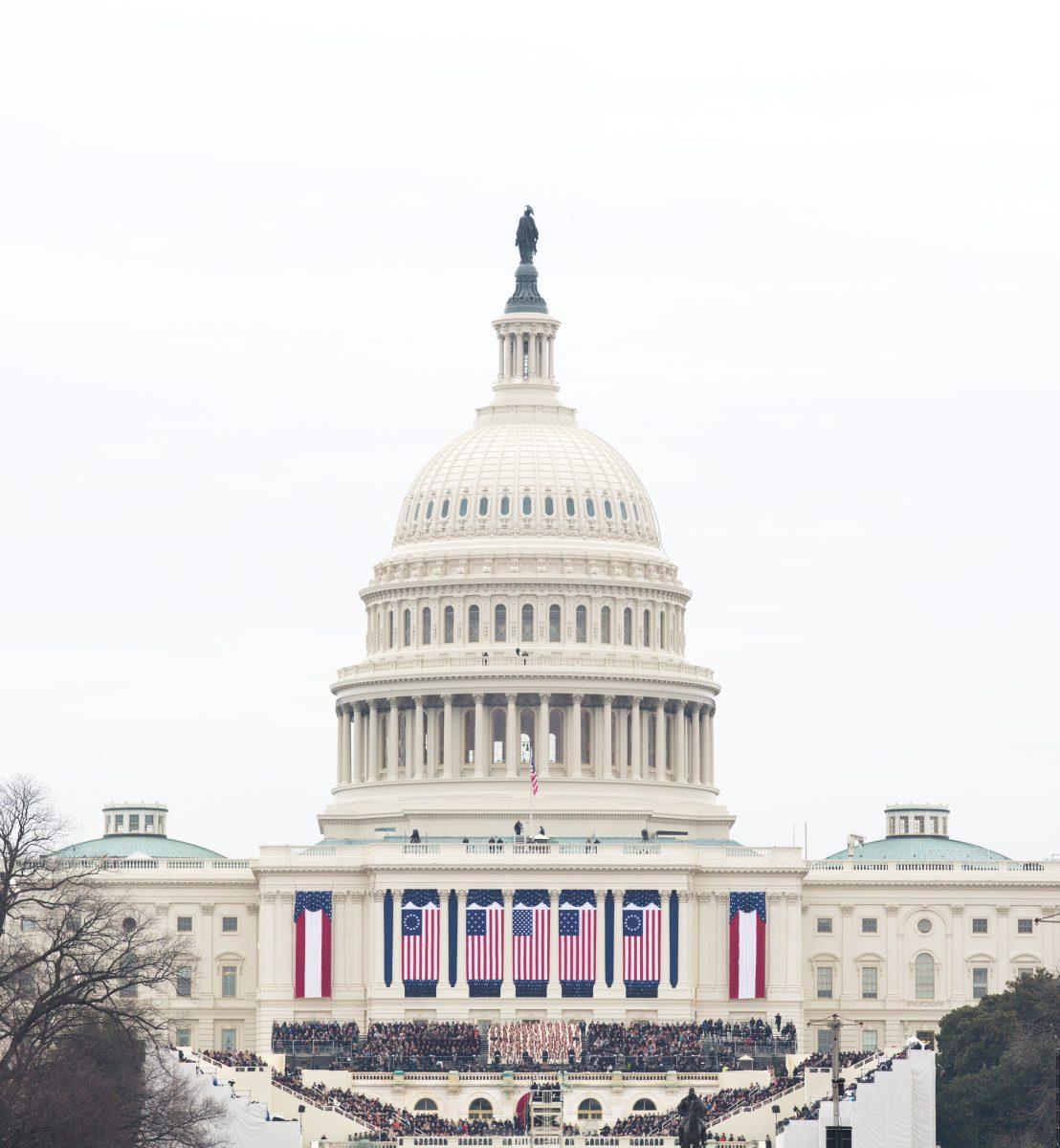Protecting undocumented immigrants
Earlier this week, Mayor Jim Kenney vowed to maintain Philadelphia’s status as a sanctuary city, despite President Trump’s executive order, signed on Jan. 25. The order called for the withholding of federal grant money from any city that has designated itself as a “sanctuary” for undocumented immigrants. If anything, the racism and xenophobia behind another one of the new president’s widely protested executive orders, which bars the entry of immigrants from seven predominantly Muslim countries, has proved how necessary sanctuary cities still are.
I want to establish what a sanctuary city does, and what it does not do. When a mayor or a council designates their city as a “sanctuary” for undocumented immigrants, they are merely promising not to turn those immigrants over to federal authorities in charge of deportation. Sanctuary cities are not places where undocumented immigrants are free from prosecution if they commit a crime; all a sanctuary city does in this respect is not hold such immigrants in custody if the crime they committed was non-violent in nature.
Proponents of sanctuary cities point to this practice as having led to an increase in fostering undocumented immigrants’ participation with law enforcement; if they are witness to a crime, they do not have to fear that they will be deported if they come forward and offer information. Nicole Kligerman, of the New Sanctuary Movement of Philadelphia, has said that the mandatory deportation of undocumented immigrants who commit offenses is inconsistent with due process laws: “If someone commits a crime, they go to jail, they serve their time, they’re rehabilitated and should be released and not undergo this double punishment of being further deported.”
In a move both inhumane and un-American, President Trump used language so broad in crafting his executive order that he led to the detention of green card holders and refugees who had already been approved for settlement in the United States. Critics have called this executive order both immoral and unconstitutional-and it very well may be -but its ability to be passed off as law in this day and age has revealed the ugliest of American sentiment towards immigrants of certain nationalities, and why practices like sanctuary cities are necessary to protect them.
The mandatory deportation of immigrants who are found to be in this country without proper documentation is not only impractical: it is simply un-American.
Our founding promise as a country was to be a haven for those who sought to escape political persecution or pursue a better life for themselves and their families. Why not instead offer a path to citizenship for those undocumented immigrants who are already contributing to the national economy, and who are nonviolent and productive members of American society?
It is incredibly hypocritical to have no issue benefitting from the (often severely underpaid) labor of undocumented immigrants, as many middle and upper class Americans do, and then demand that such immigrants be deported if they are discovered. Sanctuary cities protect undocumented immigrants from unfair deportation practices, and ensure that immigrants retain their chance to someday contribute to this country as citizens or permanent residents.
Recently, we seem to have forgotten the promise of providing a safe haven to international citizens-a promise that is inscribed on the base of the Statue of Liberty.
As our country’s first capital, Philadelphia is in a unique position to reclaim “American values” from those who carry out acts of bigotry and hatred in the name of patriotism. In this time of division and political upheaval, the last thing we should be doing is deferring to an ideologue whose policies are more in line with his own self-interests than the safety and prosperity of the country he has been elected to lead.
By focusing on what unites us, rather than divides us, and protecting those among us who are most vulnerable, we can overcome even the worst of rhetorical and ideological differences.














































